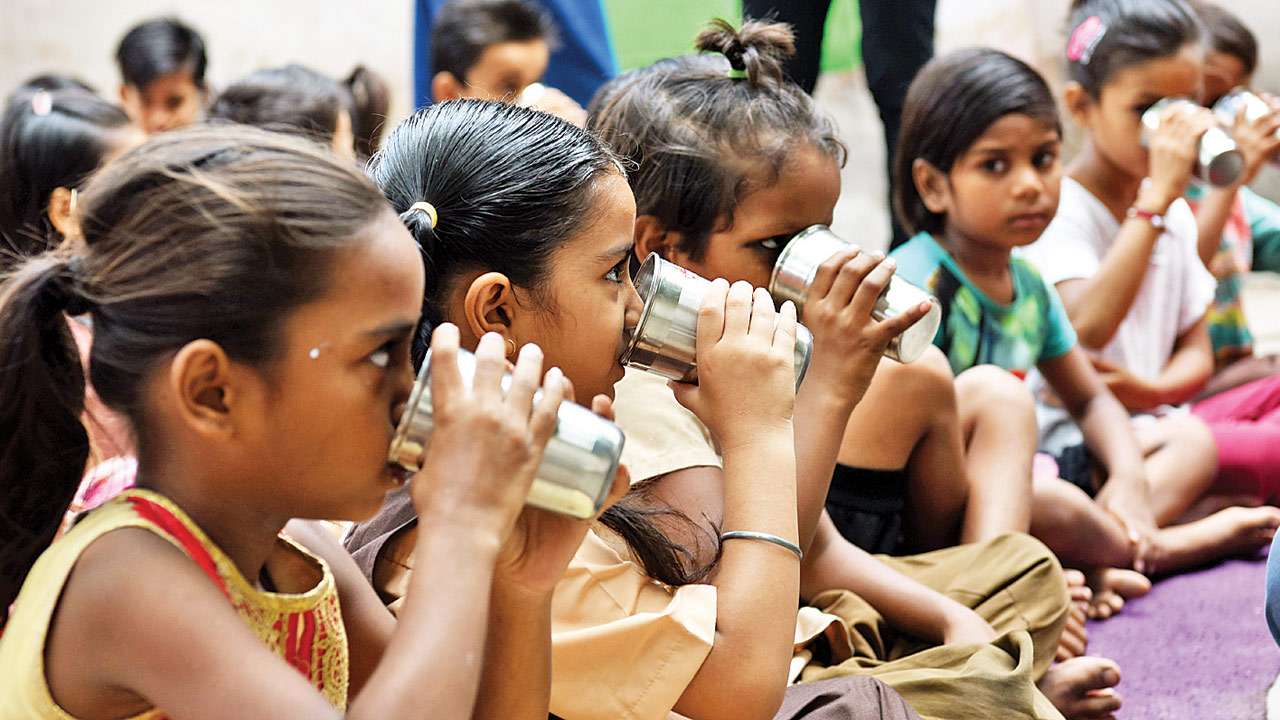
It took a Supreme Court order to begin the first-ever, much needed, mapping of 9,589 homes, including observation homes, special homes and open shelters across the country.
The Report titled ‘Mapping and Review Exercise of Child Care Institutions’, conducted between December 2015 -March 2017, was recently made public by the Ministry of Women and Child Development.
The survey throws light on the functioning of child care institutions (CCIs) in the country in the context of the Juvenile Justice (Care and Protection of Children) Act, 2015 (JJA).
The study included orphans, abandoned, sexually abused, victims of child pornography, minors who were trafficked for domestic work or labour, those affected and infected by HIV and AIDS as well as those hit by natural disasters.
A very basic database has now emerged of children living in the CCIs across the country that presents only a selection of the larger number of indicators required for CCIs.
Data gaps need to be filled and concerns addressed. Data on children with special needs is also required.
The successive JJAs brought in many changes, but in several states, besides change in nomenclature, there has been very little else.
Children exposed to institutional care do not receive the type of nurturing and stimulating environment needed for normal growth and healthy psychological development.
According to the report, only 46.7 per cent of the homes had adequate number of caregivers per child and a dismal 28.7 per cent centres were able to tend to inmates showing signs of hunger or illness.
The report points that the lack of infrastructure facilities is “glaring” and that more than 1,000 homes did not have a dormitory for children.
Data is required regarding the emotional, educational and health needs of children. The children are deprived of opportunities to develop stable and continuous attachment relationships due to the large staff turnover and poor quality of contact with their caregivers.
The staff closest to children must be carefully recruited, screened, mandatory-trained in child rights, kindness and compassion, patience, and attentiveness.
Children are regimented. There is lack of a rights-based approach and no understanding on developing counselling, life skills, training, educational interventions and health support for children. No concept of rehabilitation, reintegration, deinstitutionalization and independent living. No long-term vision for children. The location of homes is based on political considerations, rather than on needs of the children.
Children have the right to participate and freely express their views and there is an obligation to listen to their views. It is important to hear voices of children in the institutions. Nobody has talked to the children for the report. It is significant that children will only express, in a safe and trustful environment, which is lacking at the moment.
Recent incidents in certain homes across the country have established that sexual, physical and emotional abuse of children is rampant. Children feel powerless, angry, frightened and lonely.
The trauma of abuse lasts for a lifetime, if the process of healing does not take place. The process of healing is the responsibility of the management and staff. Unfortunately, in a majority of the homes, there is zero awareness.
The report reveals that 65.9 per cent of homes were able to actively supervise children under trauma. CCIs mandate infrastructure, modernisation and digital technology in the homes.
The grievance redressal system has to be strengthened. Institutions must open up. There must be regular interaction with children by joint teams of government and civil society. Mandatory ongoing child protection training is required for staff and management.
Information is required as to what happens to these children after they leave the institutions. Aftercare in the juvenile justice system is an absolute failure.
Another issue of concern is the child’s right to an identity. Children should be given proper names and identity documents. Not known or NK, should not be mentioned on these documents, as it leads to their stigmatisation.
There is a growing global consensus on the need to promote family-based alternatives to institutional care for children.
A right climate is needed to create cost effective, sustainable alternatives, including strengthening families and raising public awareness.
More evidence-based data will be a tool to systemic reform and transformation of CCIs. It is imperative and urgent that the Ministry invests resources on this.
There must be a participatory and consultative approach with various stakeholders, including children. When it comes to children in institutions, we must apply the same standards of care that we would to our own children.
(Author is Professor of Law)